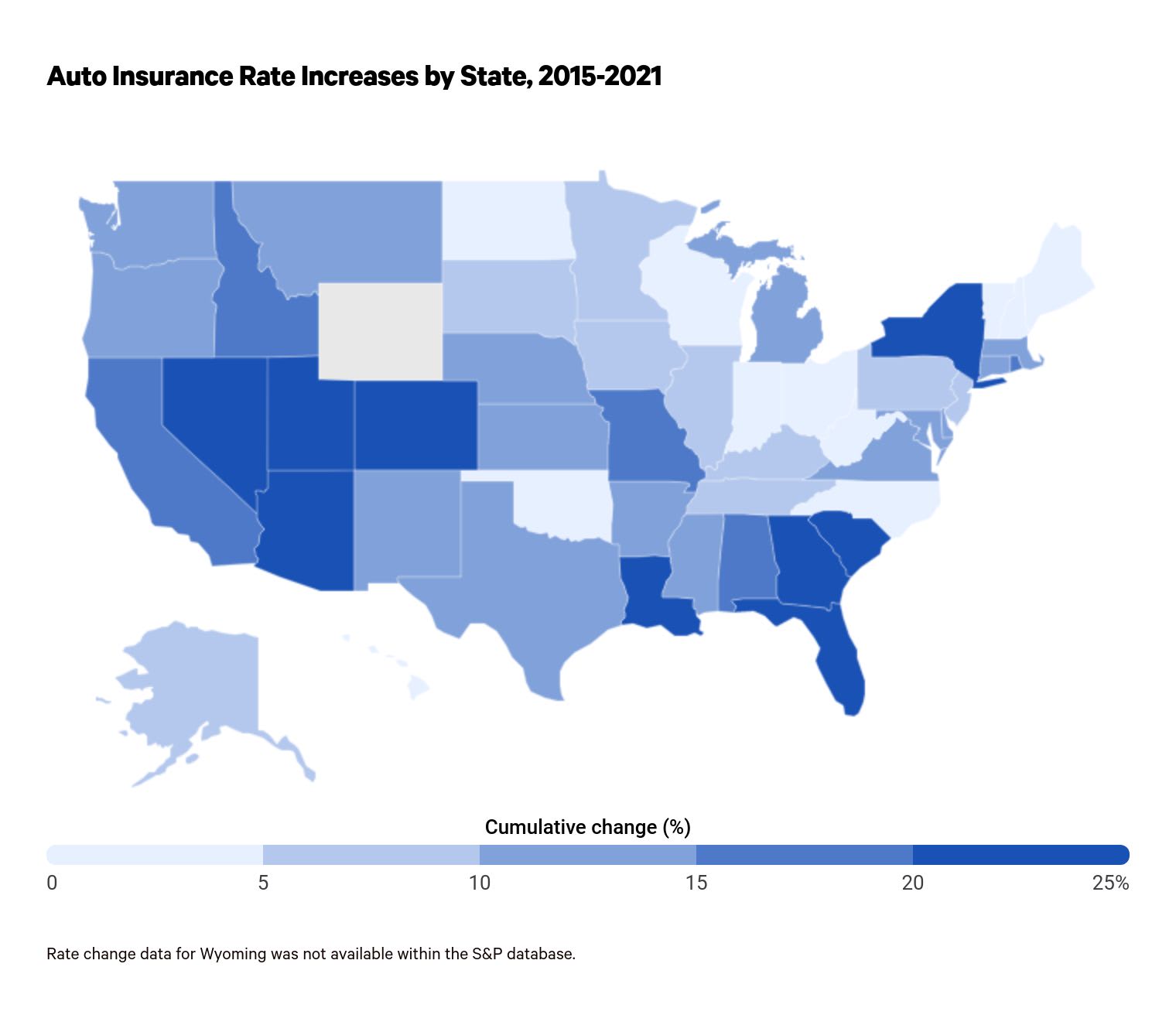This field of automobile insurance is experiencing a notable shift, driven by progress in technology and changes in customer expectations. With vehicle habits adapt and vehicles become smarter, the auto insurance industry is adjusting to address new requirements. These innovations not only boost the consumer experience but also aim to enhance the accuracy of coverage pricing.
Developments such as telemetry, AI, and usage-based insurance are setting the stage for a more individualized approach to vehicle insurance. As the future, it is important to examine the patterns that are influencing this industry and how they will impact both insurers and policyholders alike. Comprehending these advancements can enable consumers make smart decisions and navigate the intricacies of auto insurance in an constantly changing market.
Emerging Innovations in Car Insurance
As the vehicle insurance industry evolves, emerging technologies are altering how insurers determine risk and communicate with policyholders. Cutting-edge data analytics and artificial intelligence are now crucial tools for insurers, enabling them to examine vast amounts of driving data gathered from telematics devices. These devices observe driving behavior, providing insights into speed, deceleration patterns, and overall safety on the road. Insurers can use this data to design personalized policies based on individual risk profiles, resulting in more accurate premiums and potentially lower costs for responsible drivers.
Another significant technological breakthrough is the use of blockchain in car insurance. This technology offers transparency and security in transactions between insurers and customers. cheap car insurance near Fort Worth, TX , a feature of blockchain, can streamline claims processing, shortening the time and complexity involved in finalizing claims. By offering a secure and tamper-proof way to maintain insurance policies and claims history, blockchain can enhance trust between customers and insurers, finally simplifying the entire insurance process.
Furthermore, the rise of connected cars is set to transform the auto insurance landscape. With vehicles equipped with internet connectivity and sophisticated sensors, insurers can collect real-time data on vehicle condition and incidents. This information not only helps in risk assessment but also facilitates proactive measures to stop accidents. As the market for connected vehicles increases, expect to see insurance products specifically designed for these smart vehicles, tailored to their distinct features and the data they provide.
Trends Shaping the Future of Auto Insurance
One of the key developments reshaping auto insurance is the incorporation of technology, especially the implementation of telematics. Insurers are increasingly employing devices that observe driving behavior, such as speed, braking patterns, and even time of day driving. This data enables companies to offer tailored premiums based on specific risk profiles, promoting safer driving habits and maybe reducing costs for consumers who exhibit responsible behavior. By harnessing this real-time information, the industry is shifting towards a more customized approach to pricing and policy development.
One more pivotal trend is the rise of usage-based insurance models. As consumers explore alternative transportation options and adopt car-sharing services, insurers are beginning to offer flexible coverage that addresses diverse driving habits. This shift reflects a change in consumer behavior, with many individuals seeking insurance that aligns with their actual usage rather than the conventional fixed annual premiums. As a result, policy packages are designed to fit occasional drivers or those who use alternative vehicles, improving accessibility and affordability in the insurance market.
In addition, the emergence of artificial intelligence is changing claims processing and customer service in auto insurance. Automated systems can assess claims more efficiently, reducing the time it takes for consumers to receive payments or repairs. Additionally, AI-powered chatbots and virtual assistants are improving customer interactions, providing instant responses to inquiries. This trend not only enhances customer satisfaction but also enables insurers to streamline operations and reduce administrative costs, paving the way for a more efficient and responsive insurance landscape in the future.
Influence of Artificial Intelligence and Big Data on Rates
Artificial Intelligence and Large Data are transforming how auto insurers assess risks and set rates. By utilizing vast amounts of data, these technologies enable insurers to analyze the behavior of drivers in real-time, taking into account different aspects such as driving habits, vehicle usage, and including environmental conditions. This complex analysis enables insurers to offer tailored rates that reflect individual profiles of risk rather than depending on generalized statistics.
Furthermore, artificial intelligence algorithms can quickly handle insurance claims and detect fraudulent activities more quickly than conventional approaches. This not only accelerates the claims handling for honest customers but also reduces costs for insurers, leading to more advantageous pricing. As insurers persist to improve their models using ML techniques, the accuracy of risk assessment will only improve, resulting in more equitable insurance premiums customized for each client.

As the use of AI and Big Data becomes more prevalent, we can expect a significant change in how drivers perceive car insurance. The transparency brought about by tailored rates will enable drivers to make better-informed choices about their coverage. Consequently, this could lead to a more dynamic market where brand loyalty is driven by value and customer service rather than mere recognition of brands, paving the way for innovative products in vehicle insurance.
